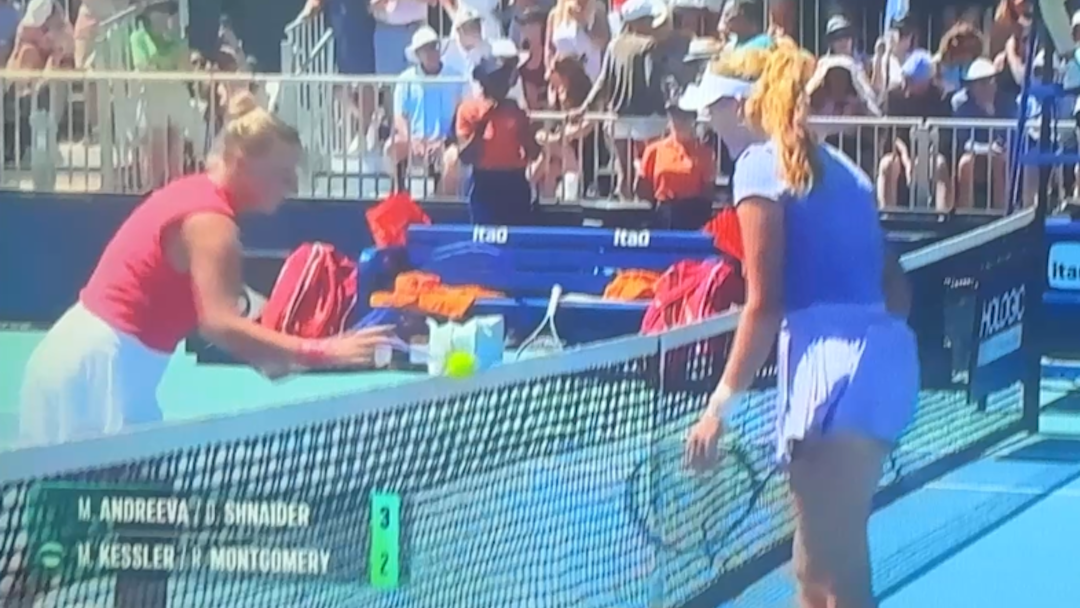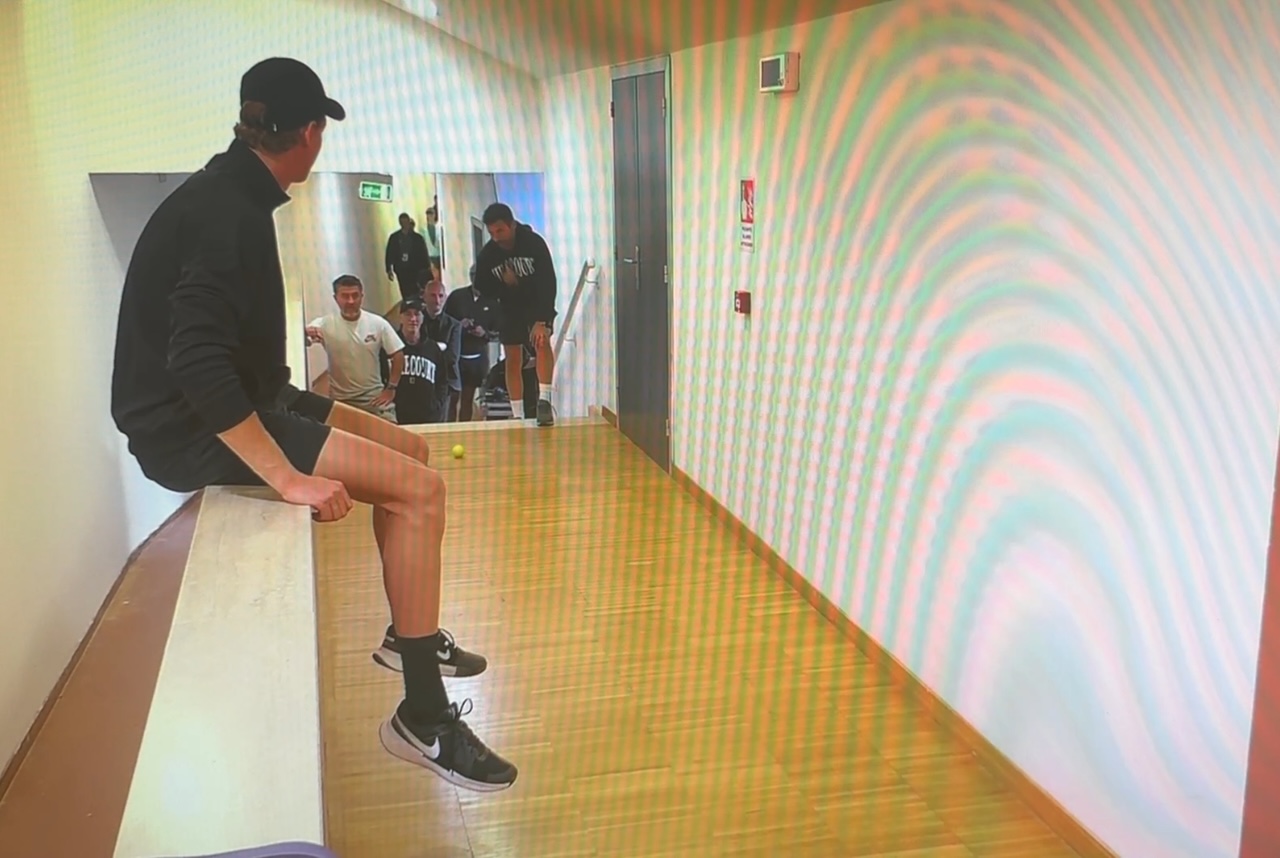A great idea for promoting tennis tournaments is to frame individual events into a “series”. This idea was brought to front of mind last week after all ITF Senior registered players were notified of an impending branding update to the ITF Seniors Tour. The word “Tour” is another way to associate a series of tournaments together.
The immediately obvious advantage of creating tournament series (or tours) is that it enables one promotional marketing campaign to cover several events. Additionally, if a player engages in one tournament in the “series” they might also be incentivized to play another. It also creates some degree of peer-pressure and performance standards between tournament organizers of each event in the series.
In USTA Texas, the end of year “Masters” Championship is essentially a culmination of a year long series competition for Adult tournament players. The result is a literal points race to the end of year event. Shorter series could be incentivized by something as simple as a leaderboard and an announcement of who ultimately “won” the series.
Branding matters, as evidenced by the impending ITF change. Effective August 1, 2022, the ITF Seniors Tour has been renamed to the ITF World Tennis Masters Tour. The new branding is prompted by the belief that the word “Masters” is more appealing to younger Adult players who are eligible for the Senior tour, but don’t self-identify under that demographic label.
In fact, the ITF has good data behind the decision. In September of 2019, the organization conducted a survey of ITF Senior registered players that garnered over 1700 responses. The survey made it clear that the “Seniors” nomenclature was not viewed favorably. That sentiment was particularly high in the 35s, 40s, and 45s age divisions.
The ITF also reported that the negative age association was presenting a challenge in terms of attracting event partners. It is really hard to conduct high quality events without willing sponsors and advertisers.
This kind of change is not without precedent. A couple of years ago, the National Senior Women’s Tennis Association updated the organization’s name to the National Women’s Tennis Organization (NWTO). The move removed the troublesome “S” word. If you’re looking for serious thought leadership in this space, the NWTO is a shining example.
Creating a “series” of tournaments, or even simply rebranding existing individual tournaments together under one umbrella, is a great way to consolidate marketing and promotion of events. It also creates psychological incentives for player engagement beyond a single tournament participation.
It is a simple but powerful idea.
- ITF World Tennis Masters Tour Introduction, ITF Media Release, received via email 3 July 2022.



